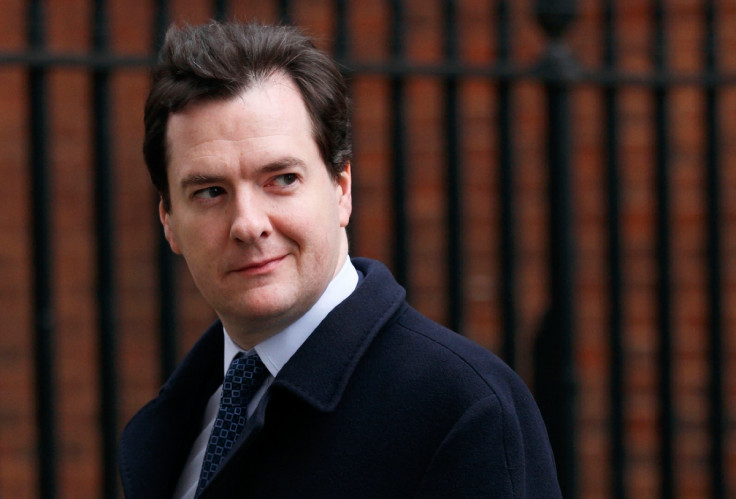Chancellor George Osborne abandons radical plans to change UK pensions tax relief system

George Osborne has dropped plans to radically reform tax relief on pension contributions, after concerns it could prompt a mass withdrawal of funds by savers. An Isa-style scheme would have ended tax relief on contributions for people in work, worth around £21bn, but made pension pot withdrawals tax free.
An alternative option was to set a flat rate of tax relief which would have been unpopular with high earners. A Treasury source said it was "not the right time" to make changes to pension tax relief.
The chancellor was expected to unveil changes in the Budget on 16 March, but is understood to have shelved his policies. Unnamed Treasury officials said Osborne had reversed his position because he had "always been clear he would not do anything to damage saving".
Osborne has already warned that he may have to make "further reductions in spending" to meet his target of balancing the public finances by the end of the parliament in 2020. "I'll address that in the budget but people should know this of me: I will do what is required to keep our country safe and secure," he told the BBC.
Pensions minister Baroness Altmann made clear her reservations earlier this week, saying that making pension withdrawals tax free would create new risks. "The freedom and choice reforms have put us in a place where's people's pensions can work well for them," she told the Financial Times.
"However, tax is a natural brake on them spending their pension fund too soon… We may decide that the current system is best."
Osborne's plans, which were designed to make pensions more like Isa savings accounts, may also have been shelved due to the upcoming referendum on whether to remain or leave the European Union in June is completed.
Yvonne Braun of the Association of British Insurers told Sky News: "The pension Isa would hit today's savers and could create a fiscal time bomb for future generations. Many savers would be worse off and it would also damage the economy more widely because of its impact on saving and investment."
Under the current system, employees make pension contributions from their pre-tax income – with higher earners receiving tax relief worth 40% – and basic rate taxpayers just 20%. One option under consideration had been to replace this tiered system with a flat rate of pension tax relief, which could have benefited basic rate taxpayers, but penalised higher earners.
© Copyright IBTimes 2025. All rights reserved.






















